Homeopathy is a principle used for thousands of years by our ancestors. It comes from the Greek “homoios” for similar and “pathos” for disease and is a therapeutic method based on the principle of similarity: administering a substance in small quantities to affect the expression of disabling symptoms. In the infinitesimal dilution which sees the active principle (sometimes toxic) highly diluted, there remains a trace of the information.

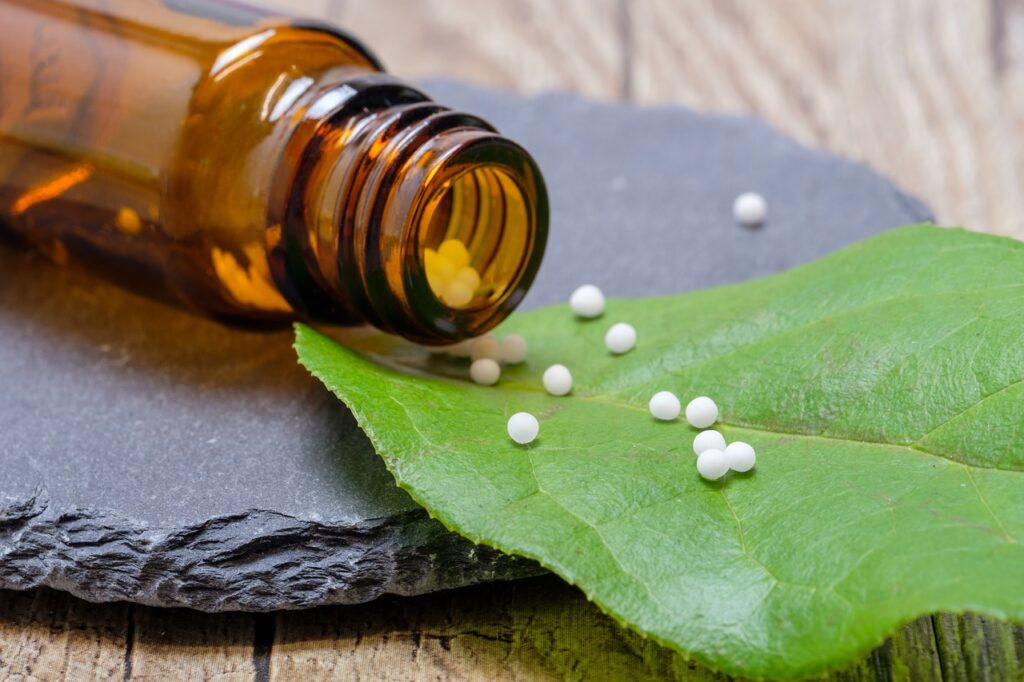
Genesis, different schools and dilution principles
There are different schools amongst homeopaths: unicists look for a single remedy that will help the person in all circumstances; complexists mix a series of remedies together with a certain success rate (a logic that is found in anti-angine homeopathic complexes); pluralists do not refuse to multiply the remedies. The Hahnemannian method speaks of 1CH dilution to 1/100: 1% of the mother tincture is poured into 99% alcohol. To continue towards other dilutions, one takes a drop of the solution obtained by repeating the process which is diluted in 99% alcohol, shaking 100 times, which gives a solution diluted at 2 CH and so on. The Korsakovian method prepares the solution in a single vial, using the same principle, the vial being emptied after dynamization: to what remains on the walls, alcohol is added, which constitutes the first 1K Korsakovian. The higher the numbers, the higher the dilution is considered to be and the more sporadic the use will be as well.
Integrity versus dogma
These different schools sometimes find themselves in conflict in their visions, which differ on certain points. This dogmatic attitude of contempt which creates a hierarchy and a power relationship is also to be found in all areas of daily life, in all sectors; it divides beings rather than bringing them together, uniting them. Paracelsus is said to be the father of homeopathy, an alternative doctor in the Middle Age, with an ethical philosophy who is said to have served humans into healing. It is said that his integrity could not be compromised, and this had caused him many problems. His services were called by the court but you would also see him officiate as a social physician in cases of epidemics. One can say that he had a philosophical and spiritual vision of the world (Sky) which he applied in his remedies. Samuel Hannehman (a German doctor who, more than 200 years ago, helped to bequeath the legacy of the vision of homeopathy as we know it today) started from the matter (Earth). His father worked in a porcelain factory where many toxic substances and metals were being used.
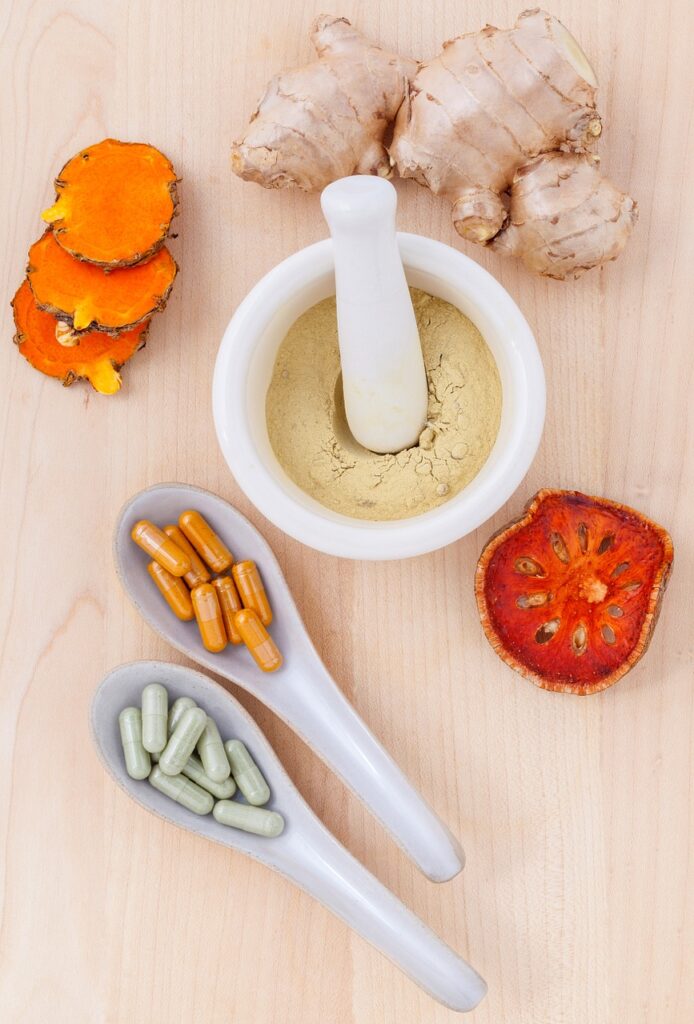
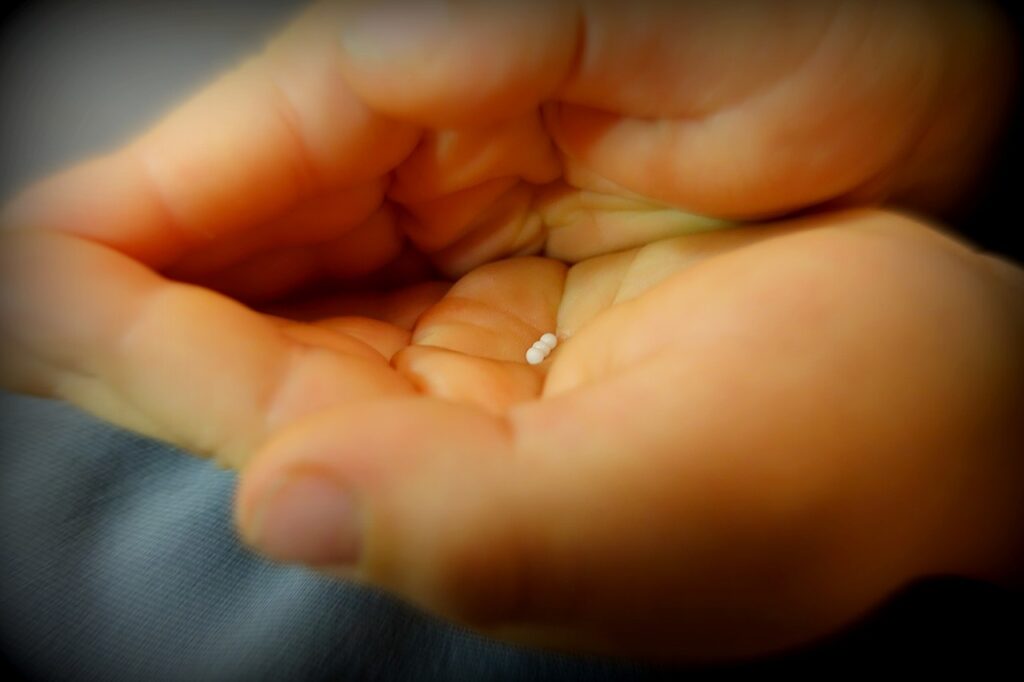
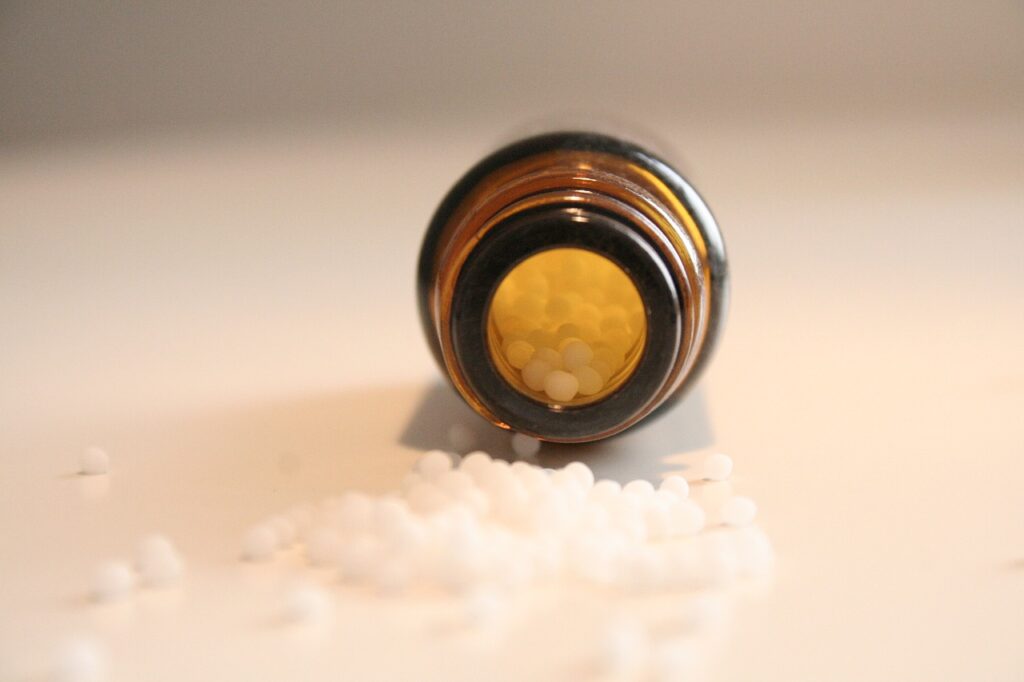
Inadequate studies
One of the problems related to the credibility of homeopathy is that most often studies which are conducted do not take into account the specificity and the logic of homeopathy and are based on the logic of measurement of allopathic medicine. There is a need to adapt the way in which tests are carried out to measure the effects of homeopathy by taking into account the fact that this medicine is more interested in the origin of the disease and specifically in the way in which the symptom is expressed in the individual. The person remains central to the approach: how will it be happening for the patient? If it is a cough, how will it be expressed? For the same disease, different remedies will be prescribed: homeopathy resides between material and immaterial. It is a bit like the daughter of Alchemy. Homeopathy has given a voice to much debate because it is at the border of worlds. Where does it belong? There is certainly a need for new forms of homeopathy, one that seeks meaning, that wants to go beyond collecting the list of patients’ symptoms. There are homeopaths who are constantly seeking to go further. What is the essence of the information in this remedy? What is the function of the plant in the natural landscape? This medicine takes other forms and adopts other currents.
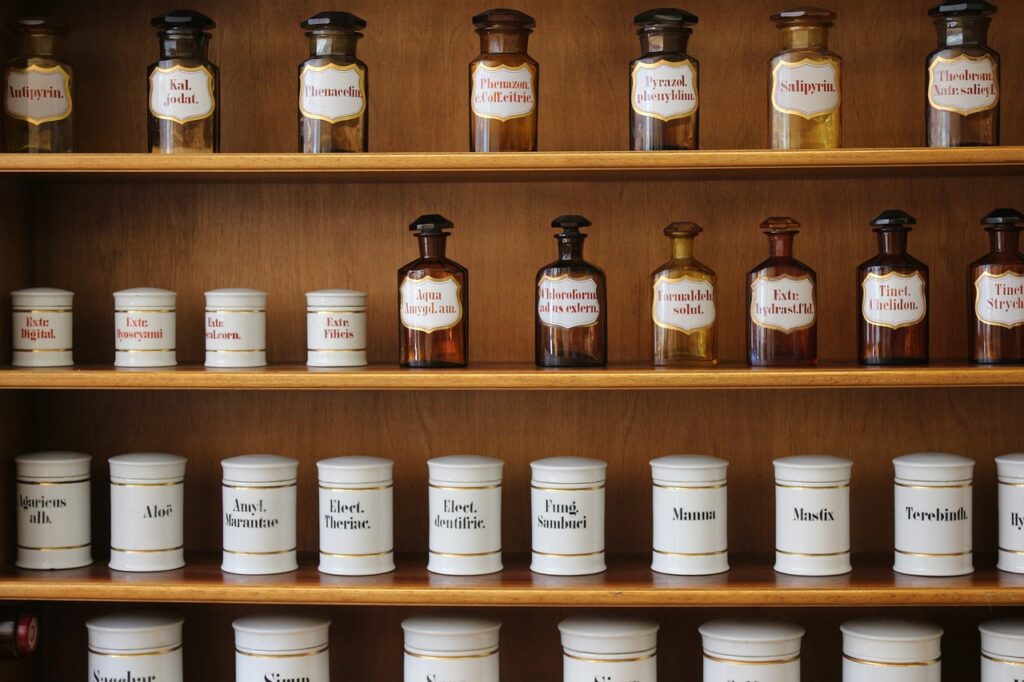
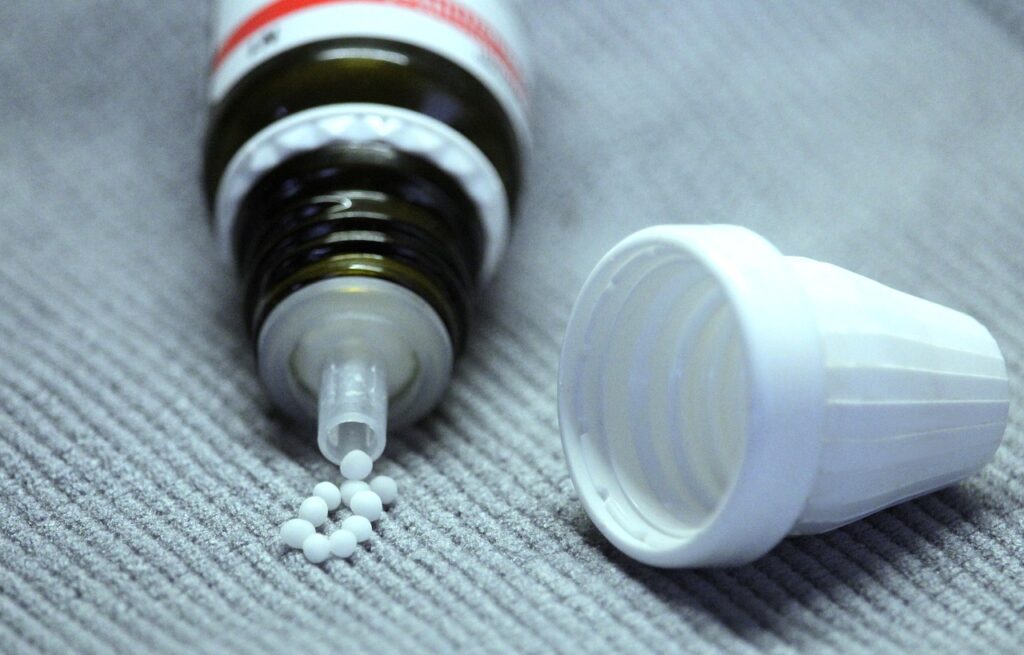
Toxicity and current limits
The second important point is that the permeability of the patient is lessening and that there is a great deal of work to be done in order to regain a satisfactory lifestyle. The landscape of ailments has changed enormously. Today, we are dealing with perpetual overinformation. We’re not designed to deal with so much at once; the person’s life force is going in all directions. We’re dealing with diseases that have a lot to do with the quality of a lifestyle. The body is much more stagnant than before and no longer responds as fluidly; stagnation is more established, especially through heavier medication. In the past, it only took a little help to get things back on track, and this is still the case most of the time when treating children or animals. Finally, the fact that small laboratories are being taken over by larger ones has an impact on the quality and performance of the produced remedies: conditions for making a quality remedy are no longer necessarily met. It has an effect on the results one can expect too. In addition, many large firms no longer produce certain specific remedies. Homeopathy remains a good approach based on the logic of treating the expression of symptoms. The ideal would be, if possible, to find the services of a homeopathic pharmacist who still makes his own remedies on a small scale, while at the same time exploring curative approaches such as naturopathy or detoxification so that the body can work its way back to homeostasis.
❣





